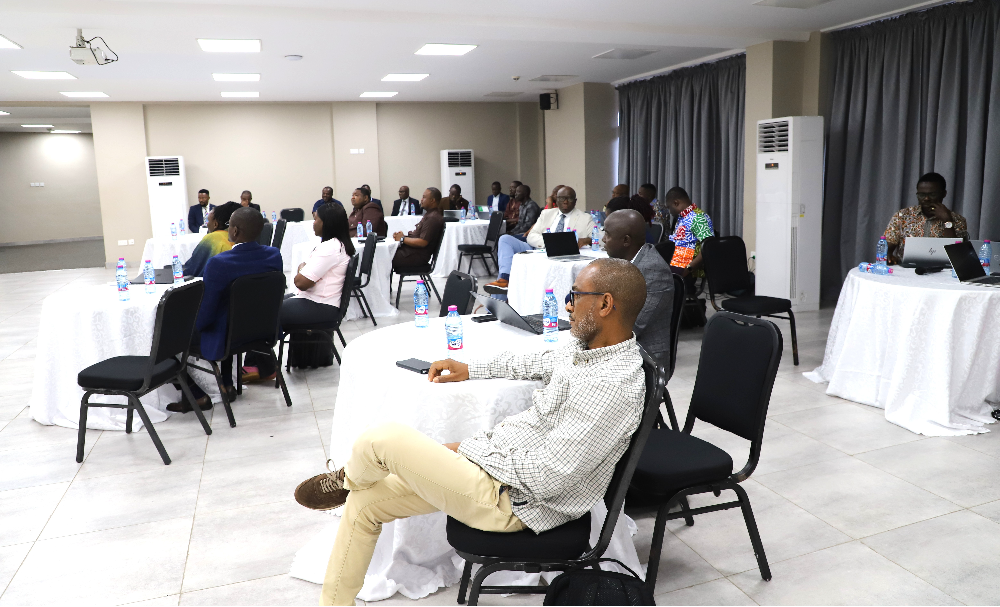The Regional Transport Research and Education Centre Kumasi (TRECK) at Kwame Nkrumah University of Science and Technology (KNUST) has partnered with the Ghana Institute of Management and Public Administration (GIMPA) and the World Bank to run a ten-day course on Environmental and Social Risk Management (ESRM).
The short course is designed to equip professionals with tools to manage land acquisition and resettlement processes in an efficient, fair and sustainable manner.

Provost of the College of Engineering, Prof. Kwabena Biritwum Nyarko, said the programme is timely in addressing Africa’s challenges with land governance, infrastructure expansion and community displacement.
“Land disputes remain a significant concern in Ghana, and the processes are often complex legally and socially. We need strategies to ensure sustainable development,” he said.
Citing history, Nyarko recalled the Akosombo Dam project in the 1960s, which displaced nearly 80,000 people. He said training programmes such as ESRM offer practical ways to apply lessons to today’s development challenges.
Representing TRECK, Amos Ato Eghan said land acquisition is “never just a physical asset, but one tied to identity, heritage, livelihoods and governance.” He urged participants to balance legal, traditional and community requirements in resettlement planning.
Dr. Paul Rex Danquah of GIMPA Training and Consulting encouraged participants to translate lessons into practice.
“When you return to your institutions, we want to hear the changes you are making as a result of this deep dive,” he said, stressing that the interactive course involves case studies and applied discussions.
World Bank representative Dr. Emmanuel Abeka outlined the Bank’s Environmental and Social Framework (ESF), which requires borrowers to meet ten environmental and social standards before accessing support. He said gaps persist between national laws and Bank requirements in areas such as child labour, land acquisition and resettlement.
Abeka added that the World Bank is supporting Ghana and other African countries to build capacity through Centres of Excellence, with a focus on best practices in land acquisition and social care. “This course provides another opportunity to strengthen knowledge and skills for equitable and sustainable development,” he said.
Participants from Ghana, Liberia, Sierra Leone and Gambia represented institutions including the Liberia Women Empowerment Project, the Sierra Leone Teaching Service Commission, the Liberia Urban Resilience Project, the Electricity Company of Ghana, ministries of health, gender and finance, and several donor-funded initiatives and civil society organisations.
| Story: Eunice Odumaa Asare |

















